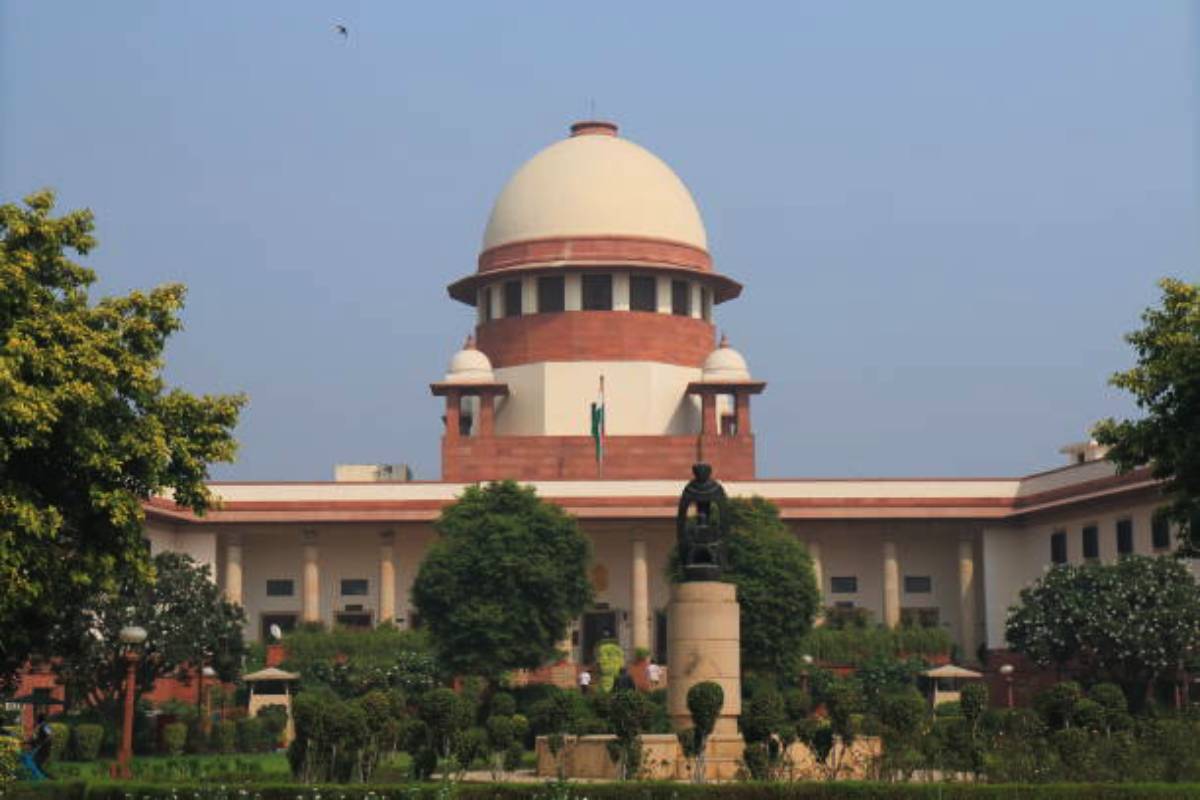A day after the Supreme Court held that the Delhi government will have the power to control its officers, the AAP government has moved the apex court complaining that the Centre isn’t initiating the transfer of services secretary ordered by it.
The Kejriwal government removed the Secretary of the Delhi government’s Services department on Thursday evening.
Advertisement
Senior advocate A.M. Singhvi, representing the Delhi government, mentioned the matter before a bench headed by the Chief Justice of India. Singhvi submitted that a bench needs to hear this matter. The Chief Justice said he will consider it listing next week.
On Thursday, a five-judge constitution bench headed by Chief Justice D.Y. Chandrachud said: “The ideal conclusion would be that GNCTD (Government of National Capital Territory of Delhi) ought to have control over ‘services’, subject to exclusion of subjects which are out of its legislative domain. If services are excluded from its legislative and executive domain, the ministers and the executive, who are charged with formulating policies in the territory of NCTD, would be excluded from controlling the civil service officers who implement such executive decisions.”
The Supreme Court ruled that it is ideal to hold that a democratically elected Delhi government should have control over its officers and the lieutenant governor (L-G) is bound by the advice of the elected government in everything other than public order, police, and land. The top court stressed that if the government is not able to control and hold to account the officers posted in its service, then its responsibility towards the legislature as well as the public is diluted.
The bench — also comprising Justices M.R. Shah, Krishna Murari, Hima Kohli, and P.S. Narasimha — observed that in a democratic form of government, the real power of administration must reside in the elected arm of the state, subject to the confines of the Constitution.
The top court had stressed that an unaccountable and a non-responsive civil service may pose a serious problem of governance in a democracy. It creates a possibility that the permanent executive, consisting of unelected civil service officers, who play a decisive role in the implementation of government policy, may act in ways that disregard the will of the electorate, it added.











